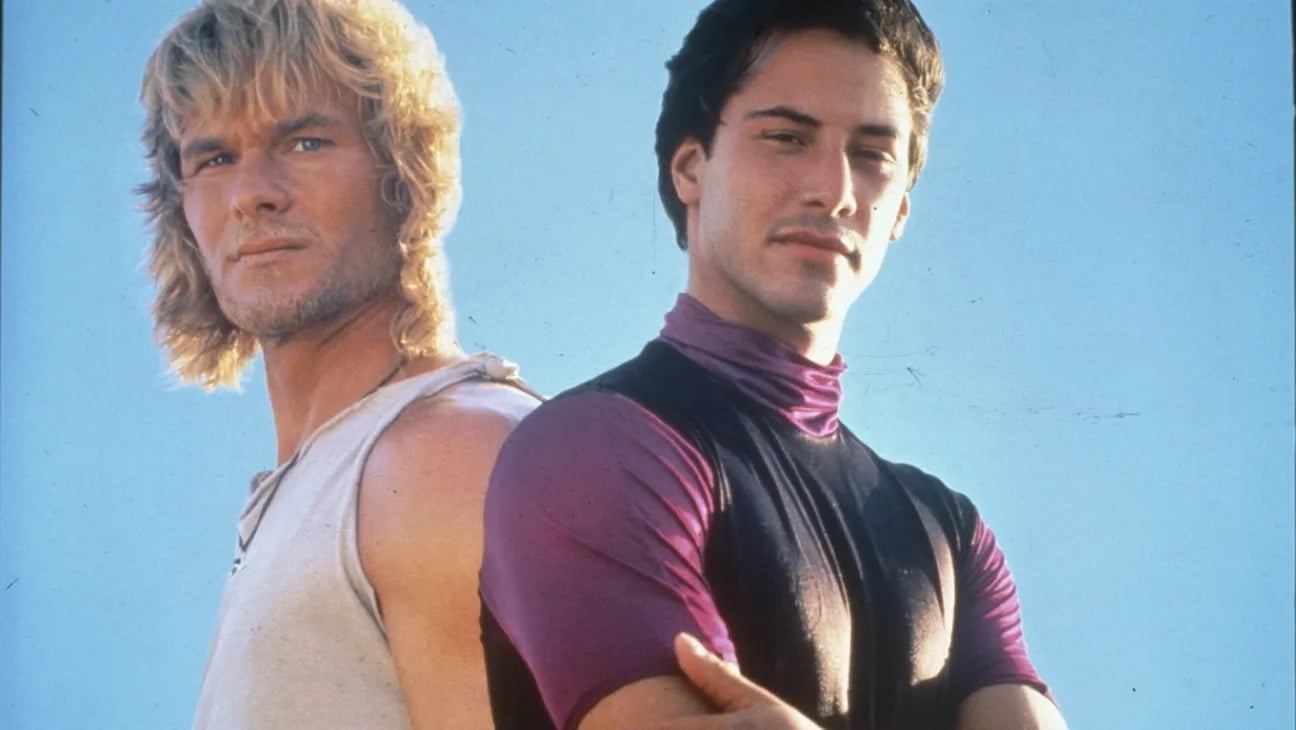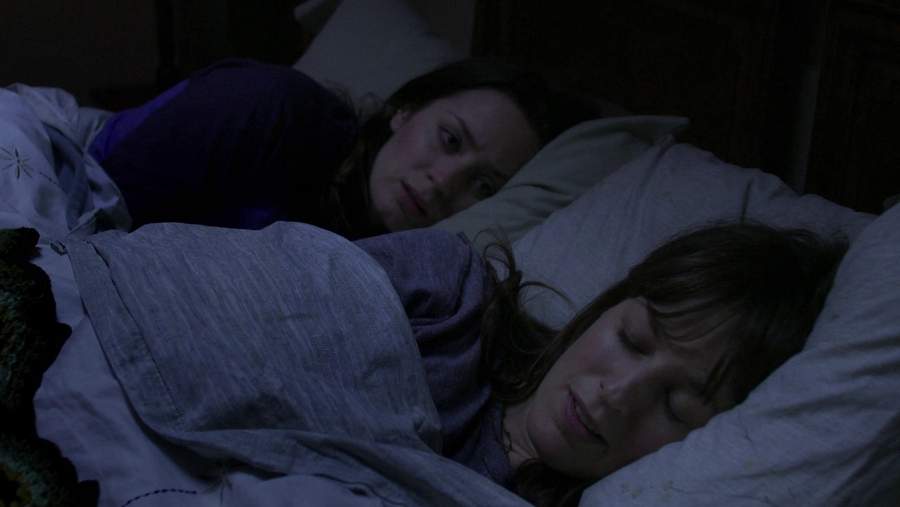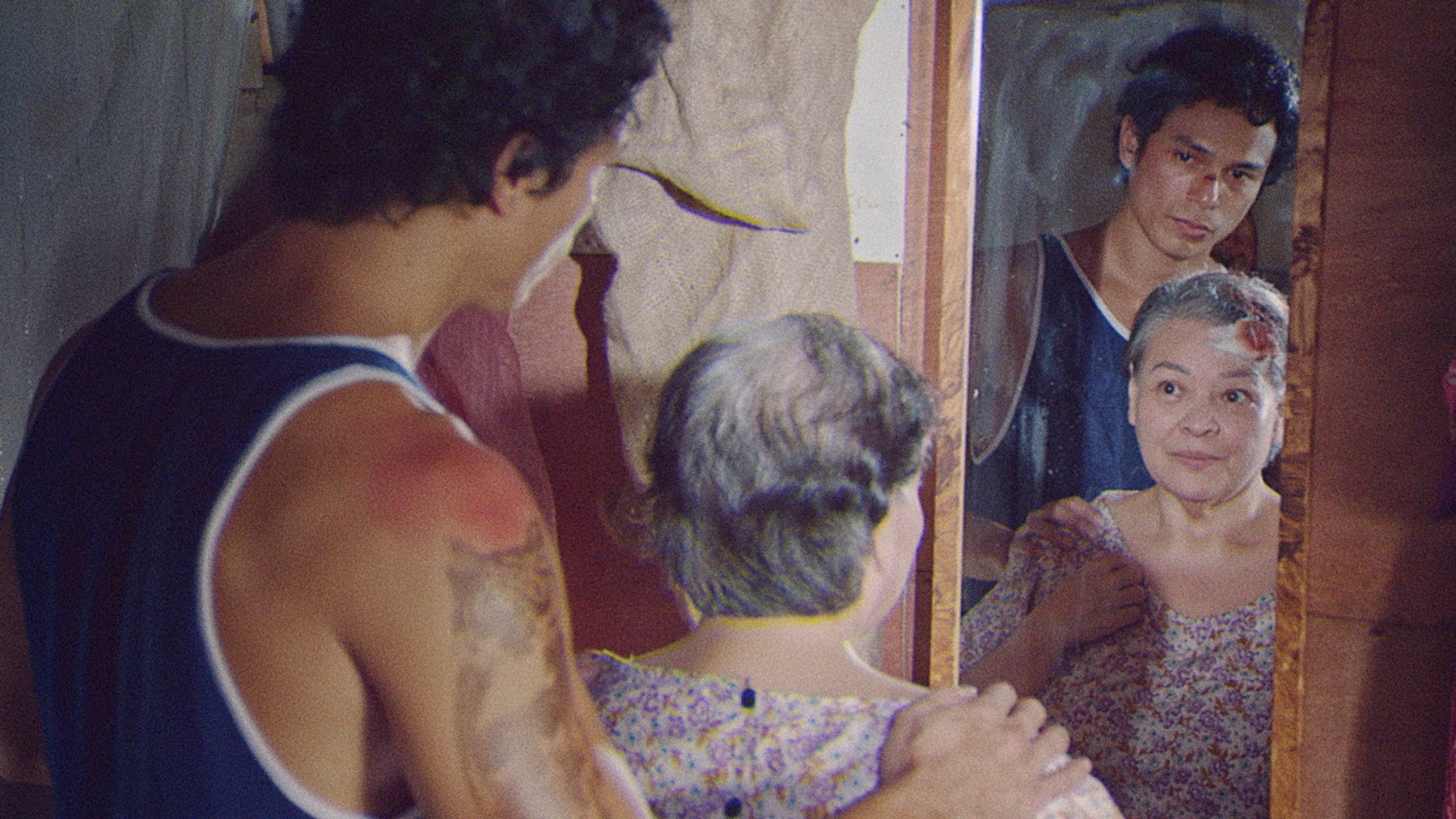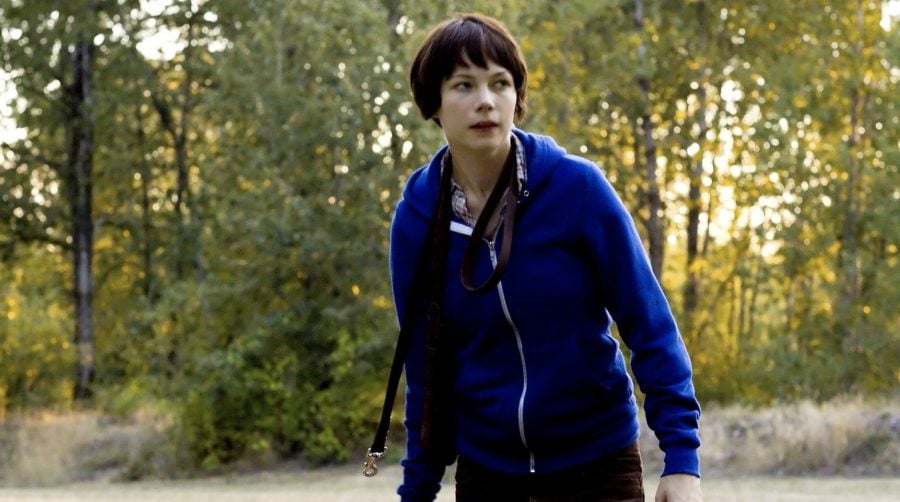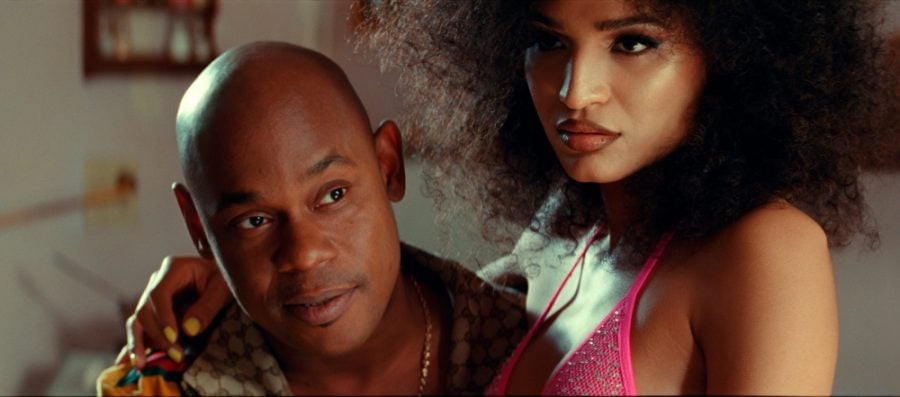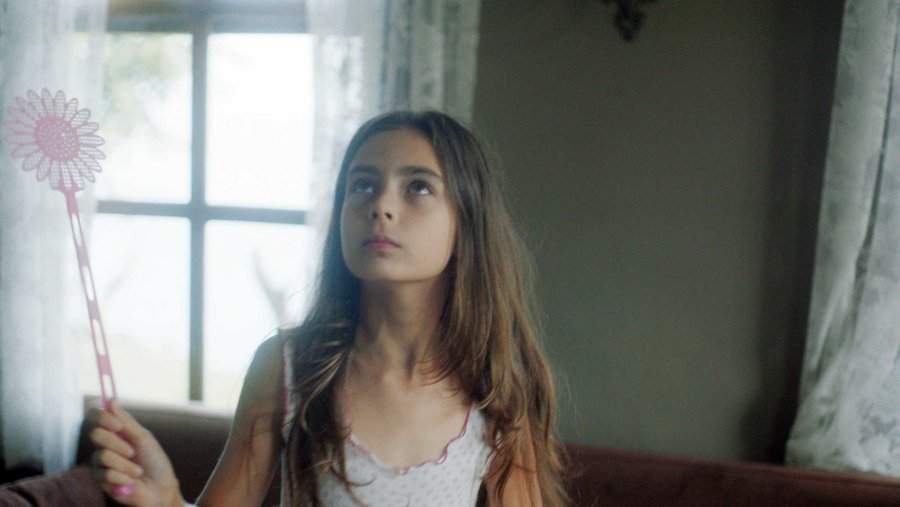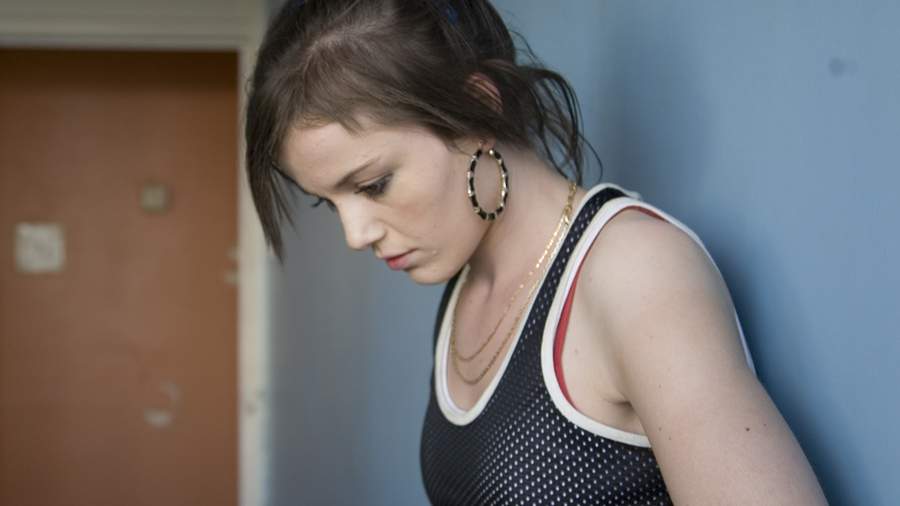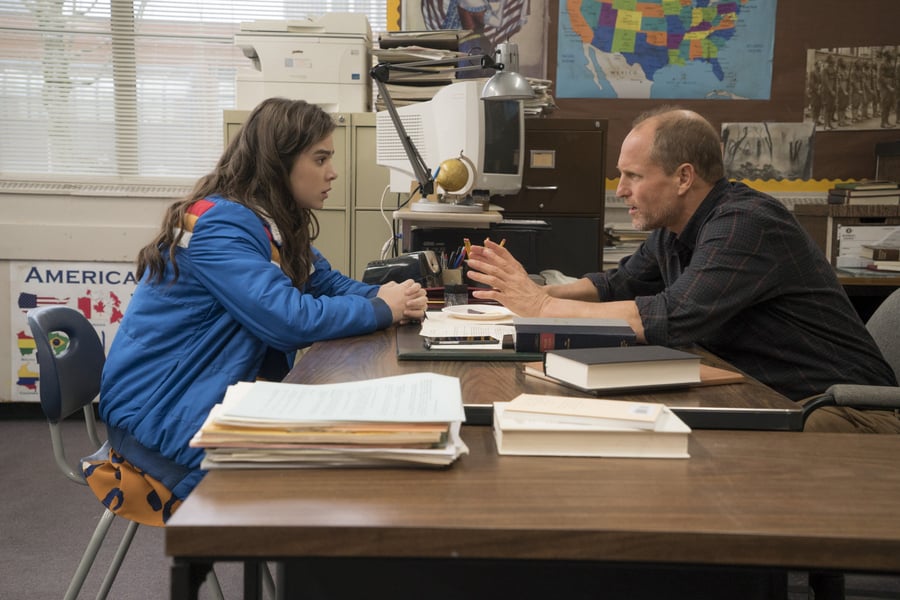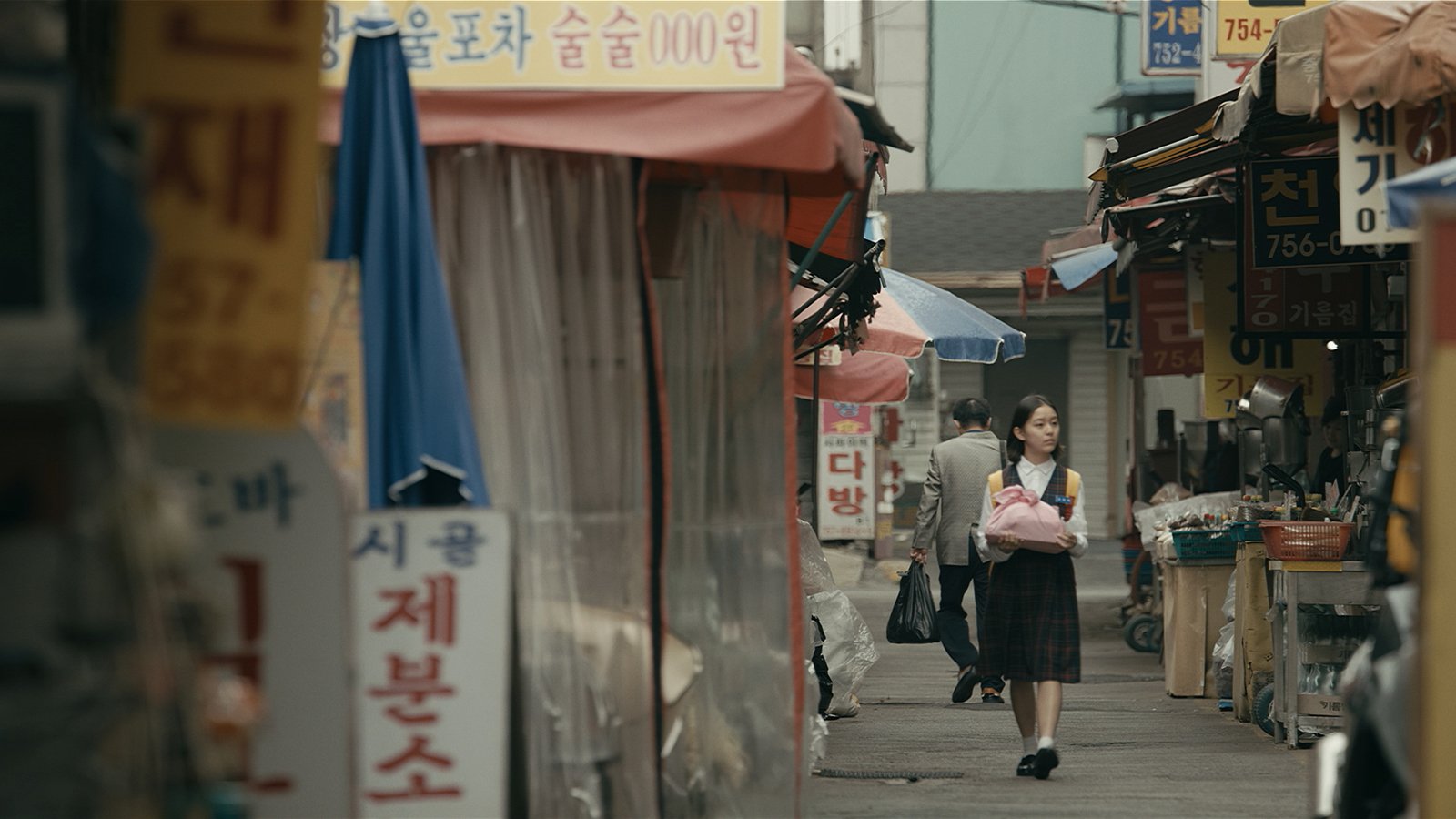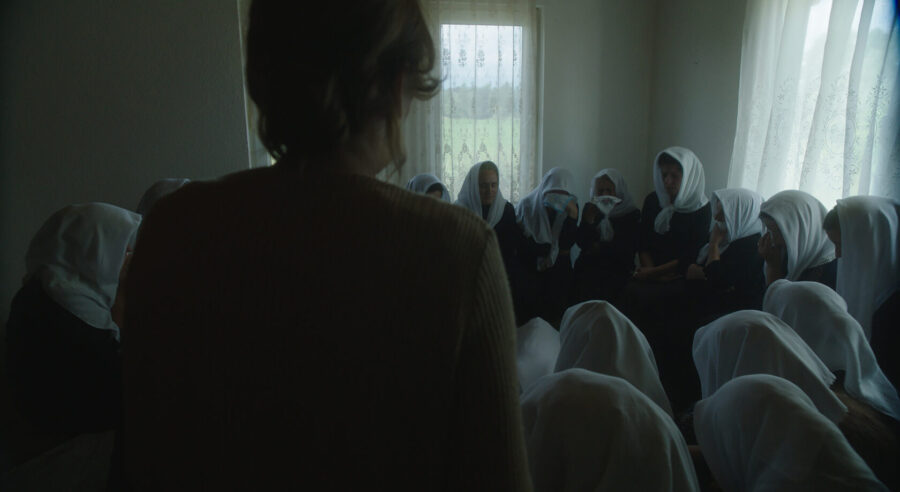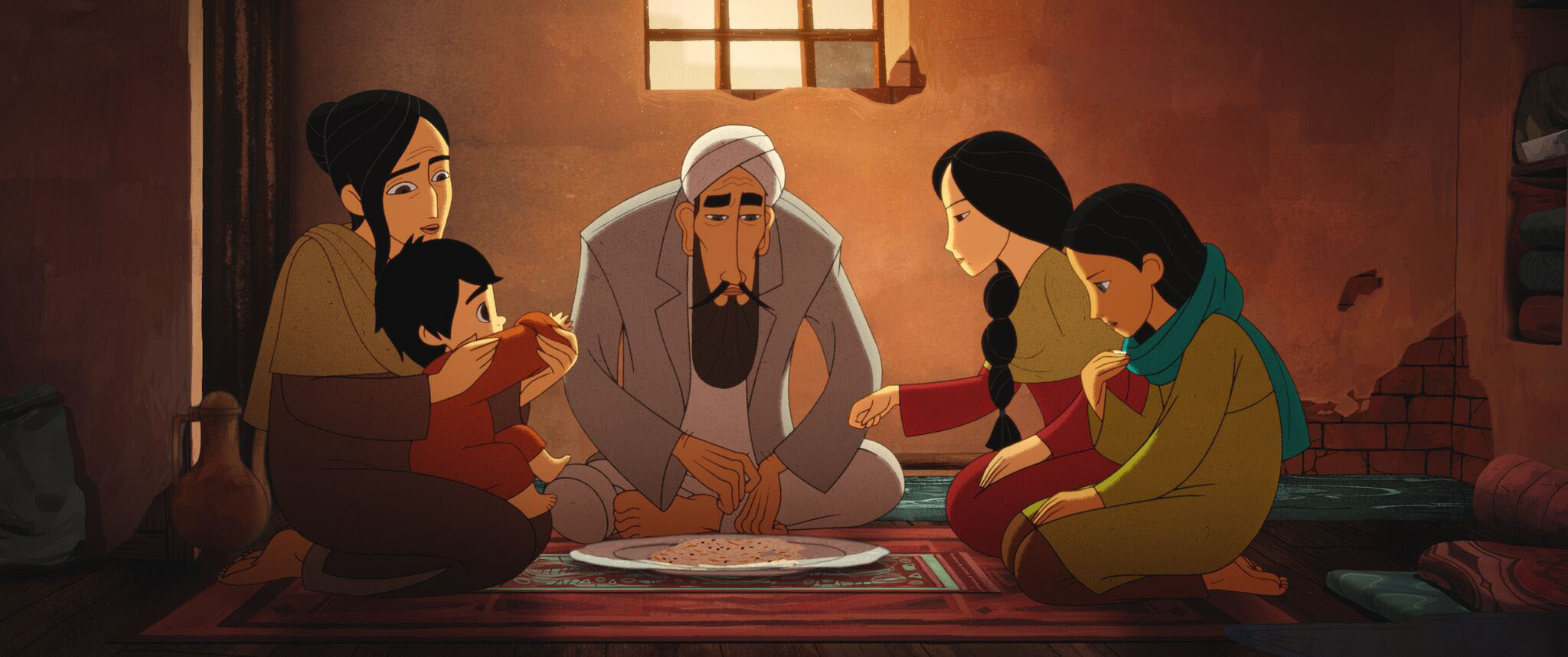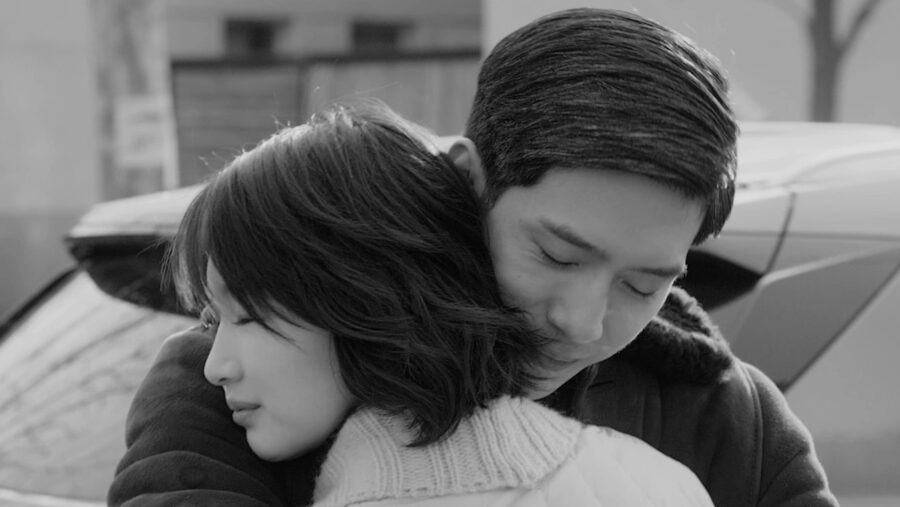Kathryn Bigelow has a knack for action-packed scenes without compromising on the affective qualities of film style. It is precisely this combination that makes her a rare gem in American cinema, where the values of entertainment soar high. Point Break is one such example of controlled chaos, impeccable framing, and a convincing use of fast-paced editing to really get you as close to the action as possible. But what gives the film its flavour is how developed and synced the characters are and the Reeves-Swayze duo here belongs in the pantheon of equally hot frenemies, providing an apt, but subtle comment on the dangers of toxic masculinity.
Genre: Action, Crime, Thriller
Actor: Anthony Kiedis, Anthony Mangano, Betsy Lynn George, Bojesse Christopher, Chris Pedersen, Christopher Pettiet, Daniel Beer, Dave Olson, Debra Lamb, Galyn Görg, Gary Busey, Gary Roberts, Gloria Mann, Jack Kehler, James Le Gros, Jared Chandler, Jeff Imada, John Apicella, John C. McGinley, John Philbin, Julian Reyes, Julie Michaels, Keanu Reeves, Lee Tergesen, Lori Petty, Michael Kopelow, Mike Genovese, Patrick Swayze, Peter Phelps, Ping Wu, Randy Walker, Raymond Forchion, Richard Grove, Sydney Walsh, Tom Sizemore, Vincent Klyn
Director: Kathryn Bigelow
Rating: R



